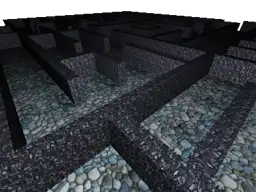
3d-print
c#
c++
chat
cloud
game
golang
gui
java
javascript
k8s
lib
mod
other
php
proxy
rendering

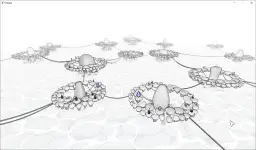
Download:
demos.zip
Videos:
potato.mp4
development.mp4
Source code:
github.com/razzie/PotatoGame
Year: 2017
Tags:c++
game
rendering

Download:
razzgravitas.exe
Source code:
github.com/razzie/razzgravitas
Year: 2017
Tags:c++
game
rendering
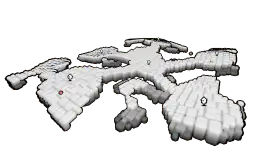
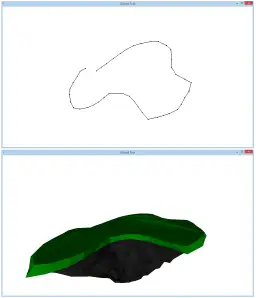
Source code and binary:
github.com/razzie/hobby-projects/2016/groundtool
Year: 2016
Tags:c++
rendering
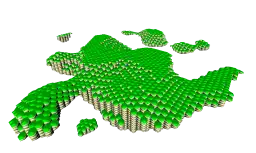
Source code and binary:
github.com/razzie/hobby-projects/2015/hexagon
Year: 2015
Tags:c++
rendering

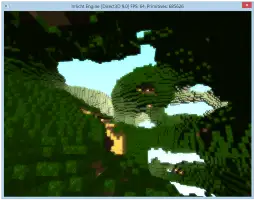
Source code and download:
github.com/razzie/hobby-projects/2011/minecraft-clone-v1
github.com/razzie/hobby-projects/2012/minecraft-clone-v2
Year: 2011 - 2012
Tags:c++
rendering
